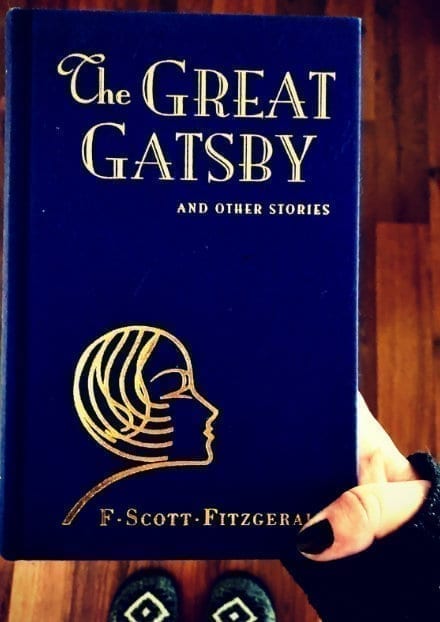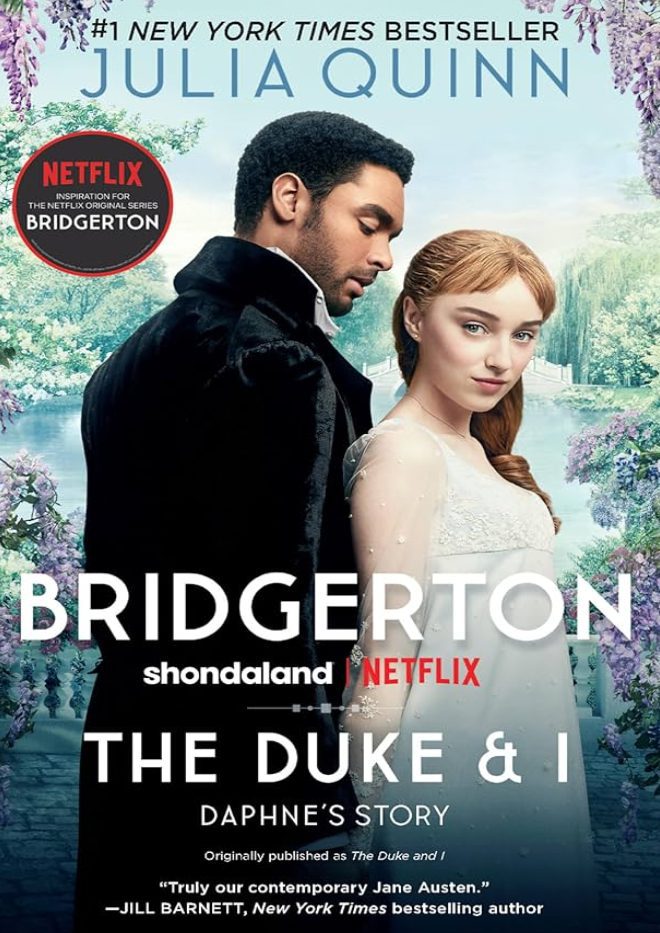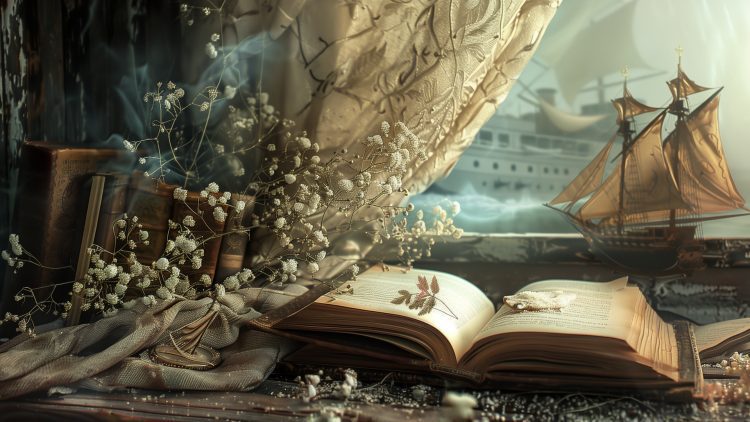We began our literary podcast discussion on historical fiction by acknowledging there seems to be some disagreement on what truly qualifies as part of this subgenre. We had initially thought the definition was straightforward – fiction set in a historical time period.
Note
The following is an editorialized transcript of our weekly literary podcast. If you would like to listen to the podcast, click the play button above orlisten on your favorite platform with the links below.
However, upon further research, we realized many lists of famous “historical fiction” included classic novels like The Great Gatsby, Pride and Prejudice, Jane Eyre, etc. that were written contemporaneously with the periods they depicted. This clashed with our understanding that historical fiction involves an author writing about the past from a modern perspective, years after those historical events occurred.

The Great Gatsby
Google Books Preview:
Author:
F. Scott Fitzgerald
Published:
01/05/2021
Genre:
Publisher:
Modern Library
Number of pages:
192
ISBN:
9780593133569
The Elements of Historical Fiction
We felt that mere period pieces written at the time in which they’re set should be considered present-day and do not necessarily constitute historical fiction in the purest sense.
While from a modern lens, novels like Gatsby could be considered “historical” since they capture a specific point in actual history, categorizing all fiction from past eras as “historical fiction” seemed an oversimplification to us. Part of our conception was that true historical fiction requires the retrospective viewpoint of an author looking back on and reimagining a prior age.
Works like Diana Gabaldon’s Outlander series, which blends vividly realized historical settings with fantastical story elements, seemed to fit our criteria better. We discussed how this allowed for the creative license to fictionalize aspects while still grounding the narrative in a recognizable historical context. The ability to apply a modern authorial sensibility to depictions of the past is key.
We then examined how adaptations and retellings of older literary works could arguably be considered historical fiction from today’s lens, as they re-envision past eras through an explicitly modern creative viewpoint.
Related10 Wonderful Mythology Retellings That Aren’t Greek

Popular Reimaginings
Numerous Shakespeare updates were one example we cited, such as the 1996 film Romeo + Juliet setting the classic in contemporary surroundings. However, we made the caveat that straightforward period piece adaptations that maintain the original dialogue and staging differ from looser modern re-imaginings that more overtly re-contextualize the stories.
This led us to ponder the roles of perspective, distance from the historical period, and creative liberties taken as potential defining factors for the historical fiction label. Overall, we found the boundaries of what defines the historical fiction genre quite blurred and up for interpretation based on varying criteria.
Strict definitions considering only modern works about the past depicting actual historical events and figures seemed too narrow. Conversely, expansive views labeling all period literature depicting now-bygone time periods as historical fiction felt too broad to be meaningful.
We came to see historical fiction existing on a spectrum, with wiggle room for various approaches in reuniting modern audiences with past time periods and cultures through storytelling. Faithful depictions utilizing thorough research seemed to represent one end of the spectrum. Highly fictionalized and imaginative re-imaginings of history employing creative fancy marked the other extreme.
In between lie innumerable creative refractions exploring the intersections of fact and fancy, past and present consciousness. While no definitive conclusion was reached, we gained an appreciation for the nuances and subjectivities involved in defining this complex, multi-layered genre.
RelatedHighly Anticipated Fantasy Books Being Released in 2024 You Must Read
We continued our discussion by recalling various modern film adaptations of Shakespeare’s plays and analyzing whether they qualified as historical fiction. Works like She’s the Man (based on Twelfth Night) and Get Over It (based on A Midsummer Night’s Dream) were deemed too modernized and divergent from the original stories to be truly considered historical fiction in our view.
However, more faithful adaptations that maintained the dialogue, characters, and core narratives, while simply updating the setting, seemed to better straddle the line.
Historical Fiction Today

RelatedBridgerton Season 1 Recap: A Historical Fiction Rewatch
This led us to examine shows like Bridgerton, which reimagined the Regency era through a modern lens while still grounding itself in the real historical figures and events of that time period. We discussed how incorporating actual historical personas like Queen Charlotte and King George added a layer of factual basis, even if their portrayals were fictionalized.
We pondered what might constitute a reasonable timeframe or “cut-off” for a work to be considered historical fiction versus just contemporary period fiction. Megan proposed anything pre-2000 could potentially qualify while wondering if major events like 9/11 could make works about them historical fiction as well.
We analyzed examples like Extremely Loud and Incredibly Close and the Robert Pattinson film dealing with 9/11’s aftermath.
Final Thoughts
We recognized the inherent subjectivity in defining these boundaries, acknowledging there is no consensus. Ultimately, we concluded that for each individual, historical fiction comes down to tales set in realized periods from humanity’s past as perceived from the modern author’s perspective.
The integration of fantasy or speculative elements creates its own sub-genre. We touched on how ancient myths like Greek legends, once believed to be histories, provide another layer when fictionalized into novels from a contemporary vantage point.
Overall, we gained an appreciation for the nuances in classifying historical fiction, seeing it as a genre existing on a spectrum defined by the degree of distance from the depicted era. It’s a genre that offers something for everyone, lending itself to lovers of fantasy, mystery, and non-fiction alike.
This versatile genre continues to produce hits every year, and we look forward to seeing what historical fiction has to offer in the future.






















